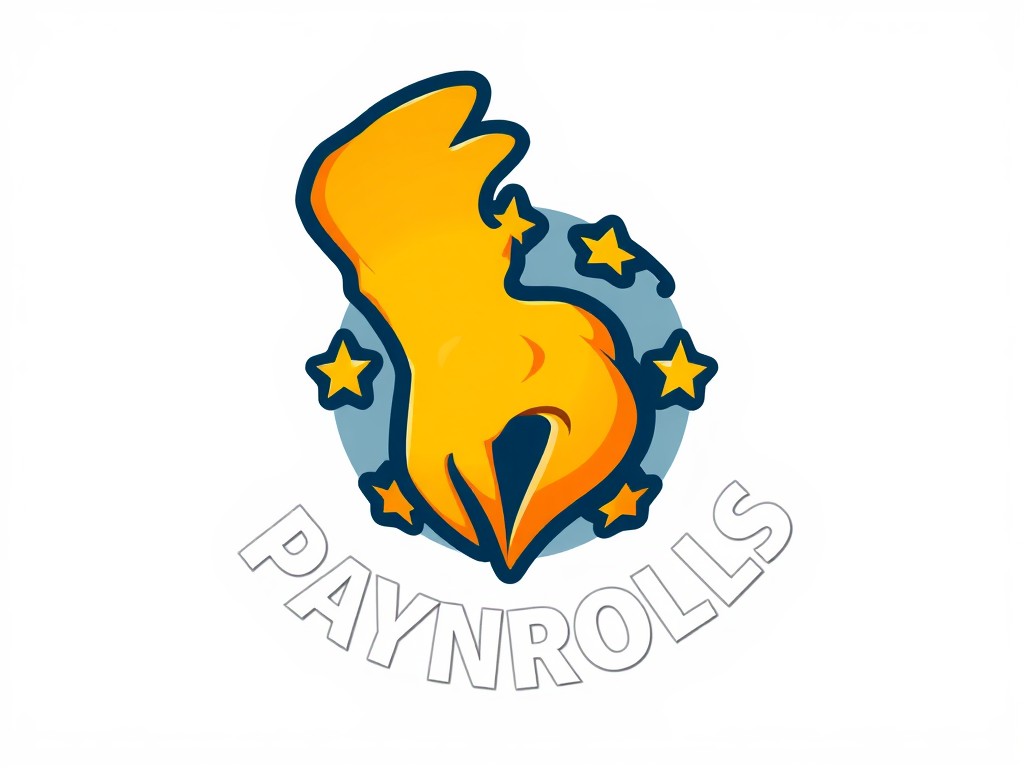Understanding ROI in Holiday Homes
In the realm of holiday homes, the term ROI signifies the financial returns on investment that an owner can expect. This crucial metric helps property managers assess profitability. To quantify ROI, it involves calculating net income relative to the total cost of the investment. In essence, ROI provides a clear picture of the property’s earning potential after costs.
Key metrics in measuring ROI for holiday properties include occupancy rates, rental income, and operating expenses. Occupancy rates indicate how frequently a property is rented out. Higher occupancy means higher potential income. Rental income is the total earnings from bookings, serving as the primary revenue source. Operating expenses encompass maintenance, taxes, and utilities, all of which impact net profitability.
Avez-vous vu cela : Essential Guide to Performing Due Diligence for Investments in UK Build-to-Rent Projects
In the UK, current trends reveal a growing interest in holiday homes due to increased domestic travel, partly driven by changing pandemic-era travel patterns. This has boosted demand, impacting property values and rental rates positively. Investors seek areas with strong tourism appeal and supply-demand balance to maximize their ROI.
Understanding these elements helps investors make informed decisions, ensuring their holiday home investment yields fruitful financial returns.
Dans le meme genre : Mastering Profitable Property Flips: A Guide to Thriving in the UK’s Unpredictable Real Estate Market
Strategies for Optimizing Rental Income
Maximising your rental income begins with effective pricing strategies. Emphasising competitive pricing is key to maintaining high occupancy rates. It’s essential to thoroughly research similar properties in your area to set a baseline price. However, staying flexible with adjustments based on demand can boost your returns.
One effective method is dynamic pricing, which involves adjusting rates in response to changes in market demand, seasonality, and local events. This strategy is akin to how airlines and hotels operate, providing the dual benefits of maximising occupancy and boosting revenue during peak times. Implementing dynamic pricing tools or software can streamline this process, allowing property owners to efficiently manage their holiday home strategies.
Equally important is enhancing the visibility of your property listing. Leveraging SEO ensures your listing appears in search results and captures potential renters’ attention. This can involve the use of targeted keywords, quality images, and detailed property descriptions. Marketing your holiday home across various online platforms increases reach and potential bookings.
Consider refreshing your marketing approach periodically to adapt to new trends and technologies, ensuring that your property stays competitively attractive in the rental market.
Reducing Costs to Improve Profitability
Successfully managing a holiday home requires strategic cost management to maximise profitability. One of the most effective strategies is maintaining the property regularly to prevent expensive repairs. Addressing small issues before they escalate into significant problems can save a considerable amount in holiday home expenses over time.
Effective utility management is another crucial aspect. Implementing sustainability practices such as energy-efficient lighting and smart thermostats can significantly reduce costs. These changes not only help in cutting electricity bills but also enhance the eco-friendly appeal of the property, which can attract more guests.
Embracing technology also plays a significant role in optimising operational efficiencies. Utilising smart home devices offers real-time monitoring, providing insights into energy consumption trends and helping to identify areas where savings can be made.
Additionally, investing in property management software can streamline various administrative processes, from bookings to maintenance scheduling. This investment enhances overall financial efficiency by reducing the time and resources spent on these tasks, ultimately leading to increased profitability.
Incorporating these financial efficiency measures ensures that holiday home expenses are kept in check, thus improving the profitability of the holiday home.
Enhancing Property Appeal
When it comes to improving property appeal for your holiday home, there are certain elements you should focus on. One vital aspect is the use of professional photography and staging. Photographs serve as the first impression, and high-quality images can significantly boost your property’s desirability. Complement these images with well-thought-out staging to showcase key holiday home features.
Next on the list are essential amenities that attract renters. Features such as fast Wi-Fi, a fully equipped kitchen, and comfortable bedding are non-negotiable for creating a welcoming atmosphere. You might also consider adding locally inspired décor or unique architectural elements to set your property apart.
Creating a unique and memorable guest experience goes beyond just aesthetics. Think about personalized touches, like a welcome basket featuring local delicacies or a guide curated with nearby attractions and hidden gems. These thoughtful inclusions can elevate the guest experience, ensuring that visitors remember their stay fondly and recommend your property to others.
The combination of stunning visuals, essential amenities, and personalized experiences not only enhances your property’s appeal but also ensures that guests enjoy a stay they’ll want to repeat.
Market Analysis and Trends
The holiday rental industry in the UK is witnessing significant shifts in market trends. Current demand analysis indicates an increase in domestic travel, fueled by the recent change in international travel preferences. This shift has naturally impacted the holiday home market, with regions like the Lake District and Cornwall experiencing heightened activity.
Regional variations are notable, with coastal and rural areas seeing a surge in popularity as travellers seek more tranquil settings. For investors, understanding these geographical differences is crucial. Coastal properties offer potential high returns because of increased seasonal bookings, whereas urban areas may provide steady occupancy rates throughout the year.
Looking ahead, the holiday rental sector is poised for growth. With ongoing uncertainties in international travel, the trend towards staycations is expected to continue. This presents unique opportunities for those investing in the UK market. Short-term rentals, in particular, are likely to remain popular, offering flexible accommodation options that cater to evolving consumer preferences.
Evolving consumer demands and preferences underscore the importance of adaptability in property offerings. As the market continues to grow, investors must stay informed of these market trends to optimize their investments and anticipate future demands within the holiday rental industry.
Management Practices for Success
Successful property management in the holiday home operations sector hinges on building strong guest relations. Establishing trust with guests can lead to repeat bookings and positive reviews. Create a personalised and attentive experience by understanding guests’ needs from the beginning. Always respond promptly to inquiries and provide useful local tips.
To enhance oversight, regularly review operational procedures. This involves maintaining property standards, ensuring cleanliness, and addressing maintenance issues promptly. Use automated systems for booking and cleaning schedules to streamline operations, thus reducing stress and errors.
Feedback is a goldmine for continuous improvement. Collect guest feedback through surveys or post-stay emails. Prioritise guest suggestions and address common issues to improve future experiences. This proactive approach not only pleases current guests but also boosts your property’s reputation.
Let’s summarise the best practices:
- Build strong guest relationships: Engage personally and offer local insights.
- Efficient property management: Automate where possible and maintain high standards.
- Utilise guest feedback: Implement constructive feedback to enhance offerings.
By focusing on these areas, you can ensure efficient holiday home operations and foster lasting guest relations, leading to increased success and profitability.
Case Studies: Success Stories in Holiday Home Investments
Exploring real-life case studies of investors who have tasted success in holiday home markets can be both insightful and inspiring. Understanding how these investors optimised their return on investment (ROI) through strategic management sheds light on successful practices.
One inspiring story focuses on an investor in the Cornish coast, who enhanced their property’s appeal by investing in sustainable energy solutions. This move not only attracted eco-conscious tourists but also reduced operational costs, amplifying the holiday home returns significantly.
Another example involves an investor in the Lake District who collaborated with local tourism boards to feature the property in regional promotional materials. This partnership increased visibility and boosted bookings during off-peak seasons.
Lessons from Successful Investors
Experienced investors have also underscored the value of diversified tenancy models. By welcoming both short-term holidaymakers and long-term renters, they stabilised income throughout the year. This approach was evident in a property in Scotland, where investor flexibility led to a 30% increase in annual profits.
Comparatively, management methods vary, yet the core strategy revolves around market adaptation, innovative marketing, and maintaining quality service to ensure consistent holiday home returns. Adopting these lessons can offer a practical roadmap towards achieving similar triumphs in the investment sphere.
Marketing Tactics for Holiday Homes
Marketing strategies for holiday homes are essential for successful guest acquisition. One effective approach is leveraging online marketing channels. Websites like AirBnB and Vrbo are popular platforms that allow property owners to list and promote their holiday homes. Additionally, having a dedicated website can enhance visibility and establish a strong brand presence.
Social media plays a crucial role in holiday home promotion. Platforms such as Instagram, Facebook, and Pinterest enable owners to showcase their property through visually appealing content. Partnerships with influencers in the travel industry can further amplify reach and attract a larger audience. Influencers can provide authentic reviews and showcase the property’s unique features, appealing to their followers’ desire for genuine experiences.
Creating compelling content is another key to attracting potential guests. Owners should focus on high-quality photos, captivating videos, and engaging descriptions highlighting the property’s unique features. For example, showcasing stunning views, luxurious amenities, or convenient location can entice travelers seeking memorable experiences.
By implementing these marketing strategies effectively and utilising the right channels, homeowners can significantly enhance their guest acquisition efforts, ensuring their property stands out among the competition and attracts the desired clientele for their holiday home.











